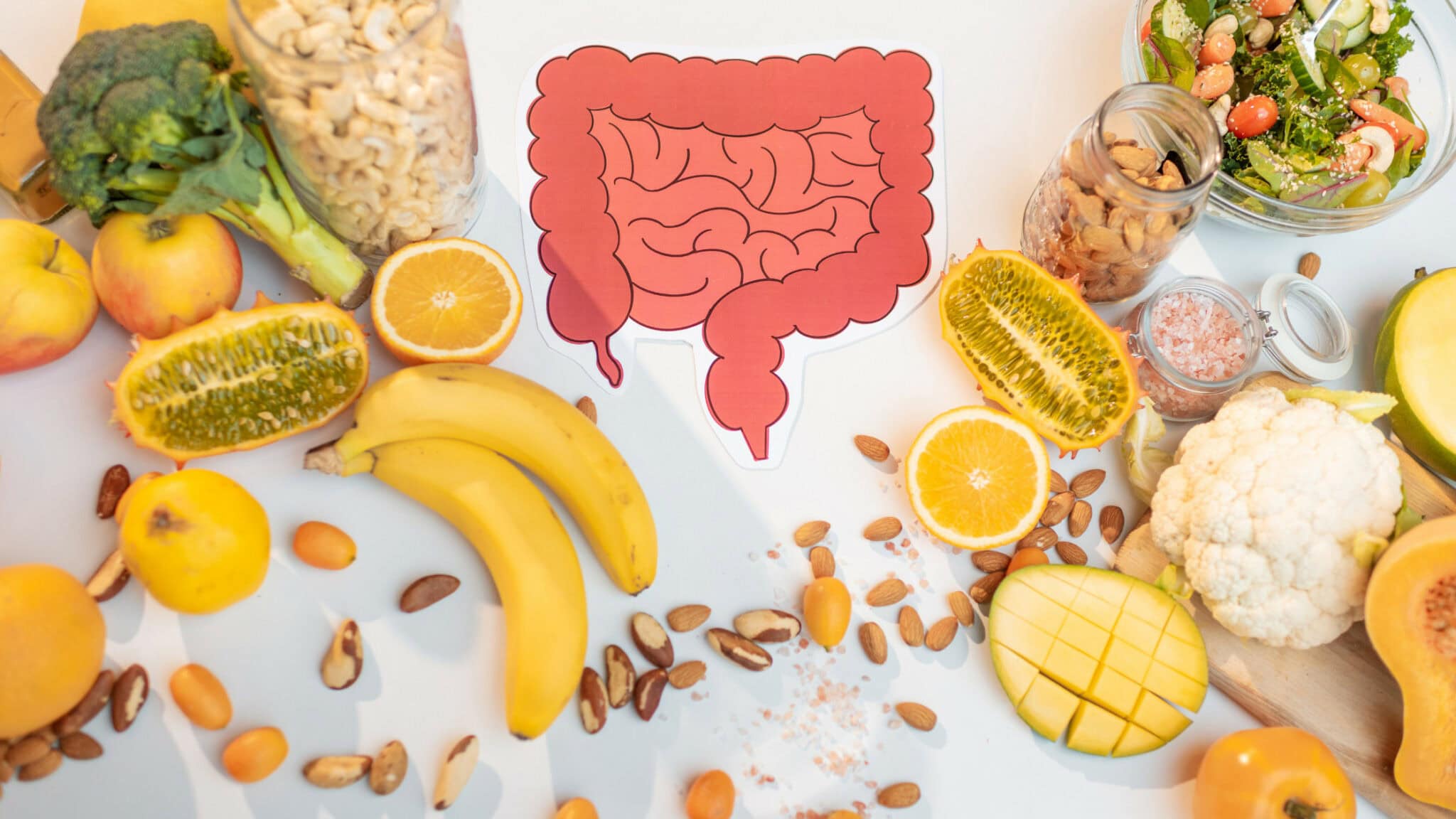Nutrition Tips for Public Safety Personnel
Good nutrition helps public safety personnel stay energized, focused, and resilient despite long shifts, stress, and unpredictable schedules.
Public Safety Personnel (PSP) carry an enormous responsibility, and long shifts, high-stress situations, and unpredictable hours are part of the job. Amongst these demands, nutrition can fall to the bottom of the priority list. However, what you eat directly impacts how you perform, how you feel, and how well you recover. You don’t need the perfect diet to make a big difference. Small, consistent improvements can go a long way in helping you stay energized, focused, and resilient both on and off the job.
Why Nutrition Matters for PSP
Your role may demand physical strength, mental sharpness, and emotional resilience. Proper nutrition supports all three.
Performance: Food is fuel. Balanced nutrition powers your body through long calls, physical tasks, and fast decision-making.
Mental Clarity: Stable blood sugar and adequate hydration help maintain alertness, focus, and reaction time.
Mood and Stress: Certain nutrients support brain health and help regulate mood.
Recovery and Health: Eating well helps your body repair itself, especially after tough shifts or physical strain, and protects against long term health risk like heart disease, high blood pressure, and diabetes.
The Foundations of Healthy Eating
You don’t need a trendy diet or fancy supplements. Evidence-based guidelines like Canada’s Food guide (Canada's Food Guide), offer a strong starting point.
Build a Balance Meals
Aim for
½ plate of vegetables and fruits
¼ plate whole grains
¼ plate protein (lean meats, fish, legumes, tofu, eggs)
Stay Hydrated
Water should be your main drink. Watch out for sugar-laden soft drinks, energy drinks, or excessive caffeine.
Limit Ultra-Processed Foods
Minimize packages snacks, fast foods, and deep-fried meals.
Real-Life Challenges (and How to Beat Them)
We know, standard nutrition advice doesn’t always work in your world. Let’s walk through common PSP specific nutrition challenges – and real strategies that fit your lifestyle.
Challenge 1: Shift Work Disrupts Your Eating Routine
Long shifts, changing schedules, and nighttime calls can disrupt appetite and digestion. Clark, Coates, Davidson, and Bonham (2023) have shown that shift workers on rotating schedules eat more erratically and frequently than day workers, snack more at night, and consume fewer healthier foods.
Try this:
Plan an eating schedule for each of your shifts. Try to eat within one hour of waking and then schedule meals and snacks every 3-5 hours until you go to bed.
Include both carbohydrates and protein in each meal to support sustain energy and satiety.
Avoid large meals late into your shift. Digestion slows down when your body is tired, which can lead to discomfort and disrupted sleep.
Curb caffeine in the middle of your shift. Caffeine can stay in your system for up to 8 hours, so reduce coffee, tea and other caffeine sources from the middle of your shift onward.
Maintain a consistent eating pattern on days off to help reset and support your body’s internal clock.
Challenge 2: Fatigue + Limited Food Options Can Result in Poor Choices.
Being on the move, working late, or operating out of a vehicle or remote location often means healthy food isn’t nearby. Add fatigue, and its recipe for fast food, sugar, or caffeine overload. Whether you’re working from a vehicle, remote area, or busy station, health options can be hard to find.
Try this:
Meal prep when possible. Pack your meals and snacks ahead of time and use an insulated bag or cooler to keep food fresh throughout your shift.
Keep quick, nutritious options on hand. Think trail mix, whole grain wraps, nut butter packers, cut veggies, protein bars.
Make smarter choices on the go. Choose grilled over fried, skip sugary drinks, add extra veggies to sandwiches or bowls.
Beat fatigue with real fuel, combine carbs and protein for steady energy.
Use coffee or energy drinks strategically – early in the shift, not as a crutch for every dip in energy.
Challenge 3: Stress Triggers Emotional or Mindless Eating
Stress can impact our eating habits in two keyways. In the short term, when the body enters a “fight or flight” state, the surge of adrenaline can suppress appetite, eating is temporarily put on hold as your body prioritizes survival. But when stress becomes ongoing, the body releases cortisol, a hormone that increases appetite and drives cravings for high-fat and high-sugar foods “comfort food” (Lazaridis et al., 2023). Over time, patterns can lead to a cycle of fatigue, poor nutrition, and emotional eating. Recognizing how stress affects your appetite is an important first step in breaking the loop and building healthier coping strategies.
Try this:
Pause and check in with your hunger level before eating. Are you physically hungry or mentally drained?
Keep your work snacks simple, satisfying, and nutrient-rich to avoid blood sugar crashes.
Try stress management techniques that don’t involve food. Breathing exercises, a short walk, or a quick check in with a peer support worker.
Challenge 4: Hydration is Easily Overlooked
With the high demands of your shift, it’s easy to overlook hydration. However, staying well-hydrated is essential, and it’s common to forget to drink enough water during a busy day. Healthy adults should aim for about 13 cups (3 liters) or fluids per day for men, and 9 cups (2.2 liters) for women (Harvard T.H. Chan School of Public Health, n.d.).
Try this:
Carry a water bottle and make it part of your routine (e.g., drink a few sips every time you return to the station or vehicle).
Limit energy drinks or sodas – they dehydrate you more.
Aim for water most of the time and consider adding low-sugar electrolyte drinks on hot or high intensity days.
References:
Clark, A. B., Coates, A. M., Davidson, Z. E., & Bonham, M. P. (2023). Dietary patterns under the influence of rotational shift work schedules: A systematic review and meta-analysis. Advances in Nutrition, 14(2), 295–316.
Harvard T.H. Chan School of Public Health. (n.d.). How much water do you need? The Nutrition Source. https://nutritionsource.hsph.harvard.edu/water/
Lazaridis, I., Tzortzi, O., Weglage, M., Märtin, A., Xylaki, M., Lefevre, A., ... & Meletis, K. (2023). Critical role of lateral habenula circuits in the control of stress-induced palatable food intake. Neuron, 111(11), 1774–1789.e9. https://doi.org/10.1016/j.neuron.2023.04.019
.png)
.png)
.png)
.png)
.png)
.png)

















